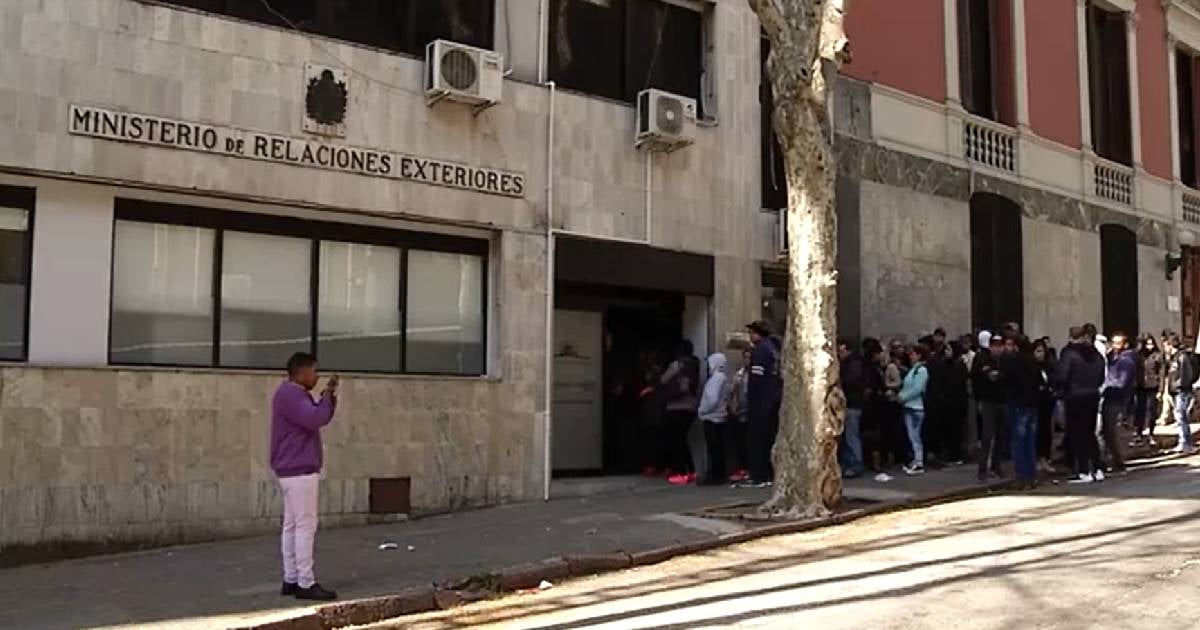
The refugee applications from Cuban citizens arriving in Uruguay have increased to 20,000 pending, said Nicolás Albertoni, the Undersecretary of Foreign Relations, to a local media outlet.
The diplomat noted that the situation of Cubans is different from that of Venezuelans, another group whose applications are on the rise, because they need a visa to enter Uruguay and use the asylum process to be able to stay, which in many cases results in their applications being denied, reported the media Subrayado.
Albertoni pointed out that the government of that nation has implemented two policies to address the issue: one is the residency by established ties for Cuban citizens, and the other is a simplified asylum process for Venezuelans, who have 3,800 applications.
"When they request political asylum, it's because they really need it," he stated, although this does not necessarily mean it will be granted.
"It's not that everyone will receive it, but the response of yes or no will come to them faster, because sometimes they were waiting two years for the answer," the undersecretary indicated.
In the South American nation, requests for regularization by Cubans have become frequent.
"No more visa to start the residency process," those affected have claimed on various occasions during protests in front of the Presidency as well as the Uruguayan Foreign Ministry.
About 5,000 Cubans are in a "migratory limbo" in Uruguay, as they do not have refugee status and cannot withdraw their asylum applications to process permanent residency, which would allow for family reunification.
It was in May of this year that the government of Uruguay signed a decree that will allow thousands of Cubans in that country to resolve their immigration situation.
The regulation was signed by the Ministry of Foreign Affairs and the Ministry of the Interior and will allow undocumented individuals to legalize themselves through "residency by roots," a legal figure that benefits asylum seekers who did not meet the conditions to be considered as such.
What do you think?
COMMENTFiled under: